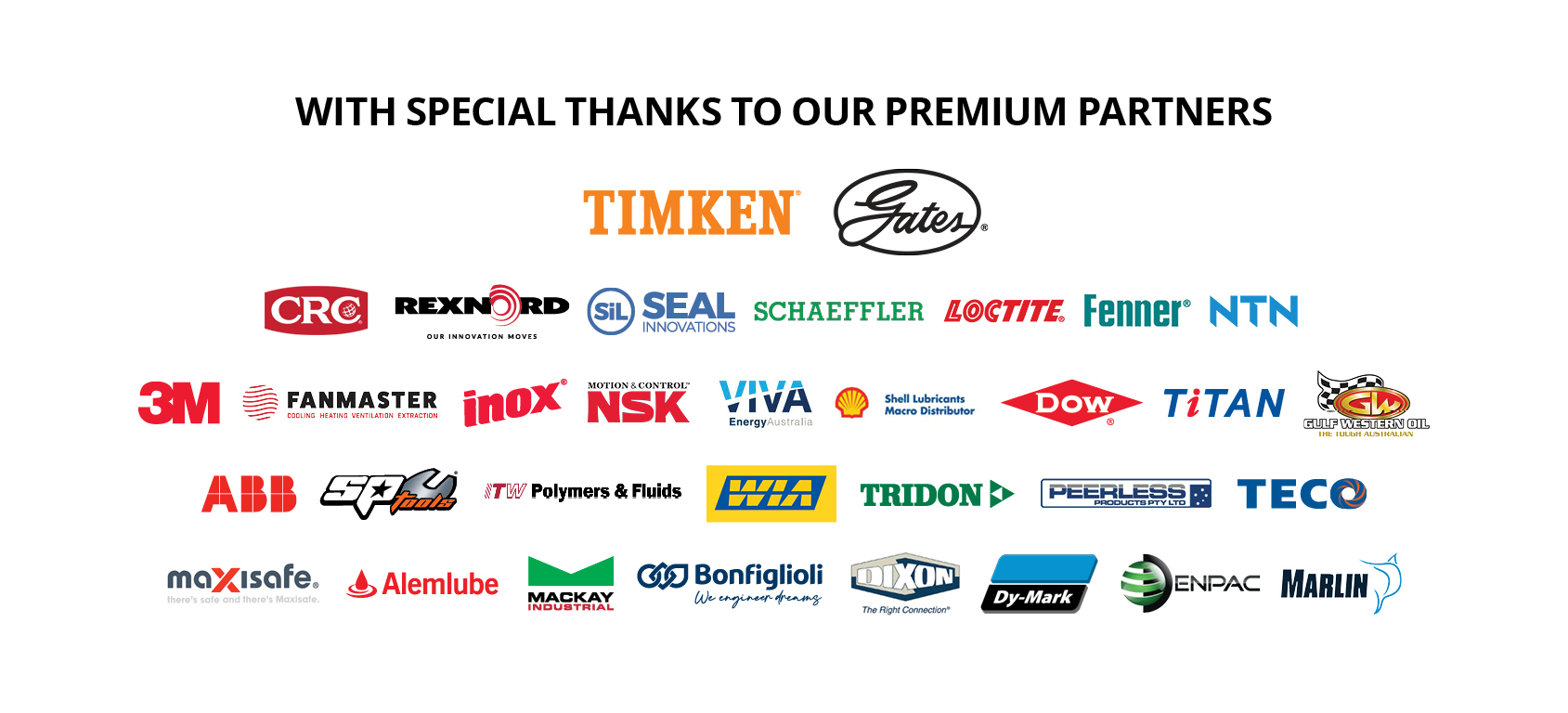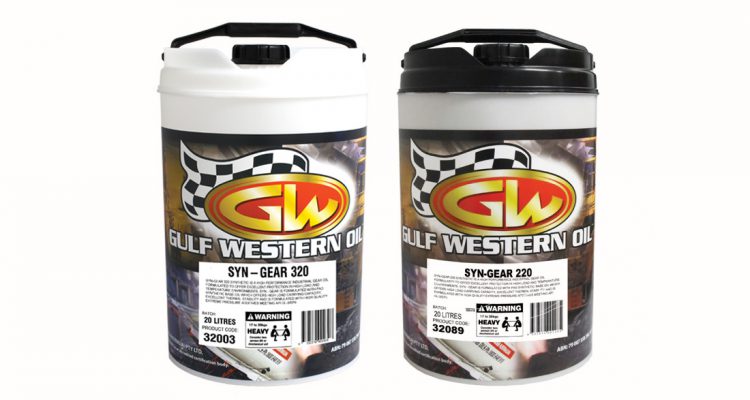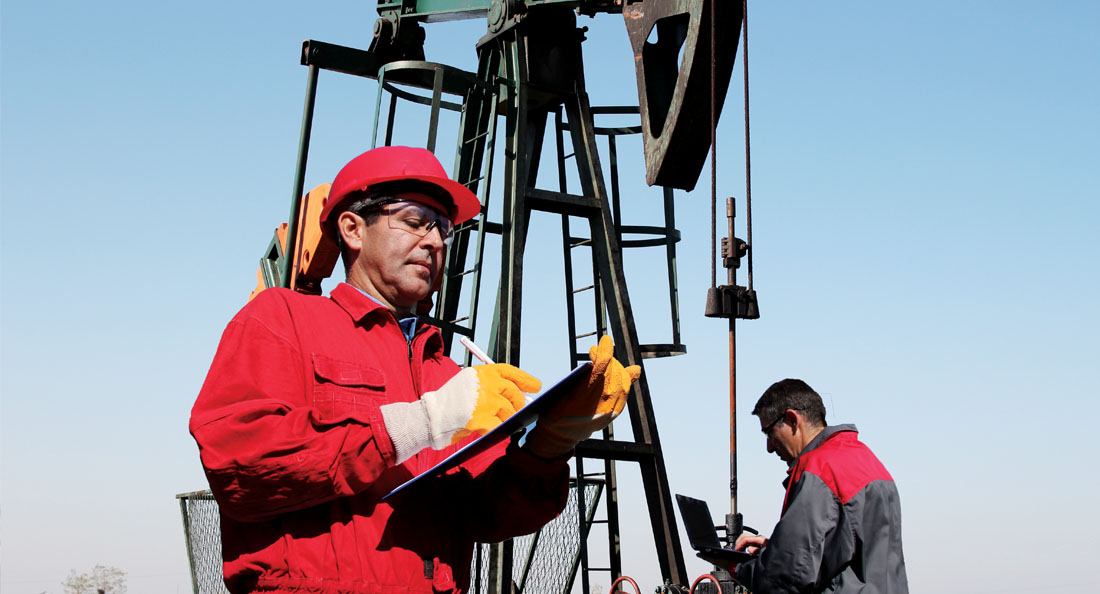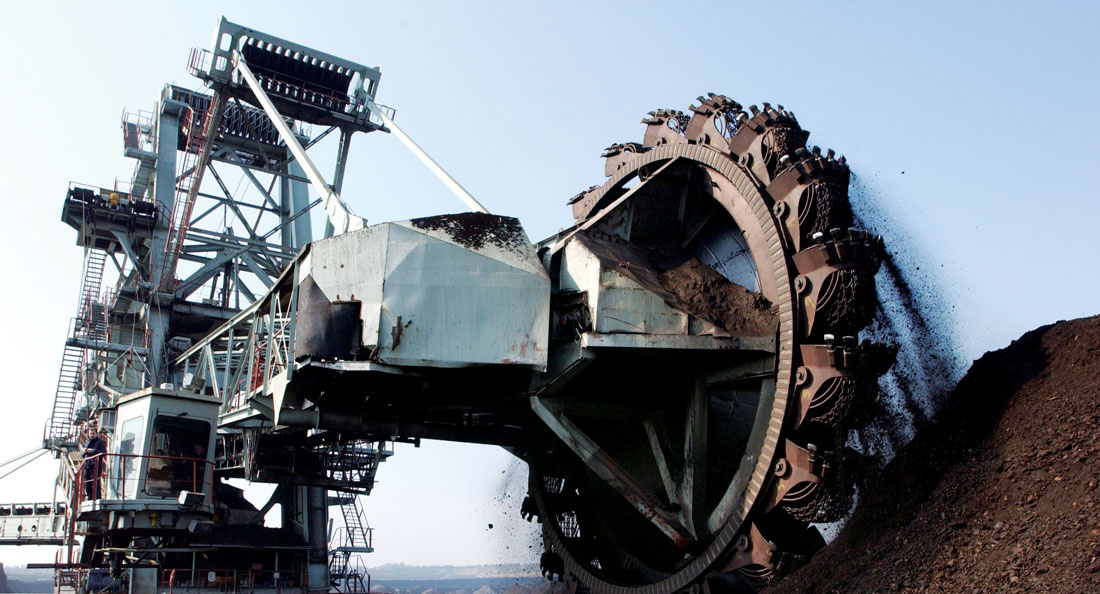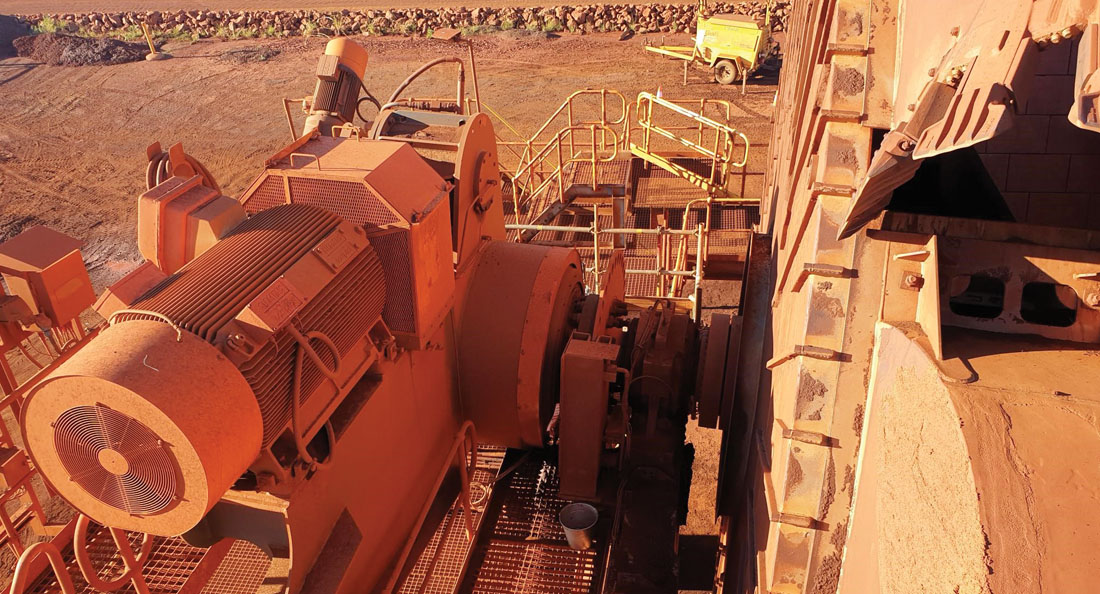One question that operators and maintenance personnel in recycling plants often have to deal with is ‘how do you know which lubricant is the best fit for a given application?’
The answer is not always simple. While each piece of machinery usually comes with a maintenance manual containing a qualified product list, Christopher Bright, National Account Manager at Gulf Western Oil says this solution may not always be suitable to determine the optimum lubrication for a given gear set.
Gulf Western Oil (GWO) has been supplying lubricant solutions to recycling plants for over 30 years, and as such offer a comprehensive range of industrial gear oils; covering a wide range of viscosity, base oil and chemistry types from cost effective, high load Sulphur/phosphorus mineral oil based lubricants through to semi and fully synthetic base gear oils.
“It is quite understandable for operators to get confused when it comes to choosing the right lubricant,” says Bright. “In GWO’s portfolio, there are nine viscosity grades of mineral industrial gear oils alone. In addition, there are also a range of synthetic base oils, each with different viscosity grades.”
It is to avoid such confusions that GWO and its national distributor, CBC Australia, work closely with customers to offer their expertise, according to Bright.
“It is quite common to come across customers who purchase second-hand equipment and don’t know which lubricants are best suited to the gearbox. We then work with our partners at CBC to find the right oil for the application. This might require testing the oils at our in-house laboratory or consulting with the additive manufacturers to recommend the right viscosity grade,” he says.
Bright says in order to choose the best lubricant for a gear set, a fundamental understanding of the base oil type is important.
“Within each recycling plant, there might be certain machines that are crucial to the continuity of operations and that the owners don’t want to have offline too often. For these machines, we usually recommend synthetic base gear oils instead of mineral base alternatives to ensure longer oil-change intervals,” he notes.
“It is particularly important for recycling plants, which often operate 24/7, to be able to get a longer life from the gear oils they use. Synthetic oils are engineered in a way that makes them more stable across a wide temperature range allowing them to perform their primary function of reducing friction and wear for longer periods of time. This allows the customer to save on machine maintenance and down-time,” he explains.
Synthetic gear oils are also different depending on the type of synthetic bases they use, says Bright.
“For example, Poly Alpha Olefin or PAO based gear oils such as the GWO Syn-Gear range are compatible with mineral oil bases. This means you can pour a PAO based oil on top of a mineral base oil that’s already in the machine without facing any incompatibility issues.
“On the other hand, if you mix Poly Alkylene Glycol, or PAG base oils with other lubricants, including PAO synthetics, it can produce a sludge and, due to the incompatibility of the base oils, reduces the protection of the metal surfaces from wear as the additives are carried in the base oil. To use PAG base oil, you need to first flush the existing mineral lubricant from the machine,” he explains.
Steve Keown, CBC’s National Product Manager for Lubricants says viscosity grade is an important parameter in selecting industrial gear oils.
“It’s important to understand that gear oils can affect the overall energy efficiency of the operations. A good synthetic gear oil, such as the GWO Syn-Gear oil, has a high viscosity index; which means it can improve energy efficiency and resist degradation at both high and low operational temperatures,” he explains.
The viscosity for a gear lubricant determines if the lubricant can provide the required film thickness between interacting surfaces at a given speed and load.
Being a PAO based oil, Keown says the GWO Syn-Gear oil is perfectly suited to industrial applications where there’s a considerable temperature variation. In recycling plants, conveyors, shredders and compactors are some equipment that can run more efficiently with the right choice of gearbox oil.
“GWO products are built to suit the operating conditions in Australia as they are manufactured in Australia, by an Australian-owned company,” says Keown.
“Over the years we have found that both CBC and Gulf Western Oil share a lot of the same values; which is to serve the Australian industries with our expert knowledge around lubricants. We are confident that whatever the customers’ requirements might be, together we can provide the right blend of products and expertise.”
